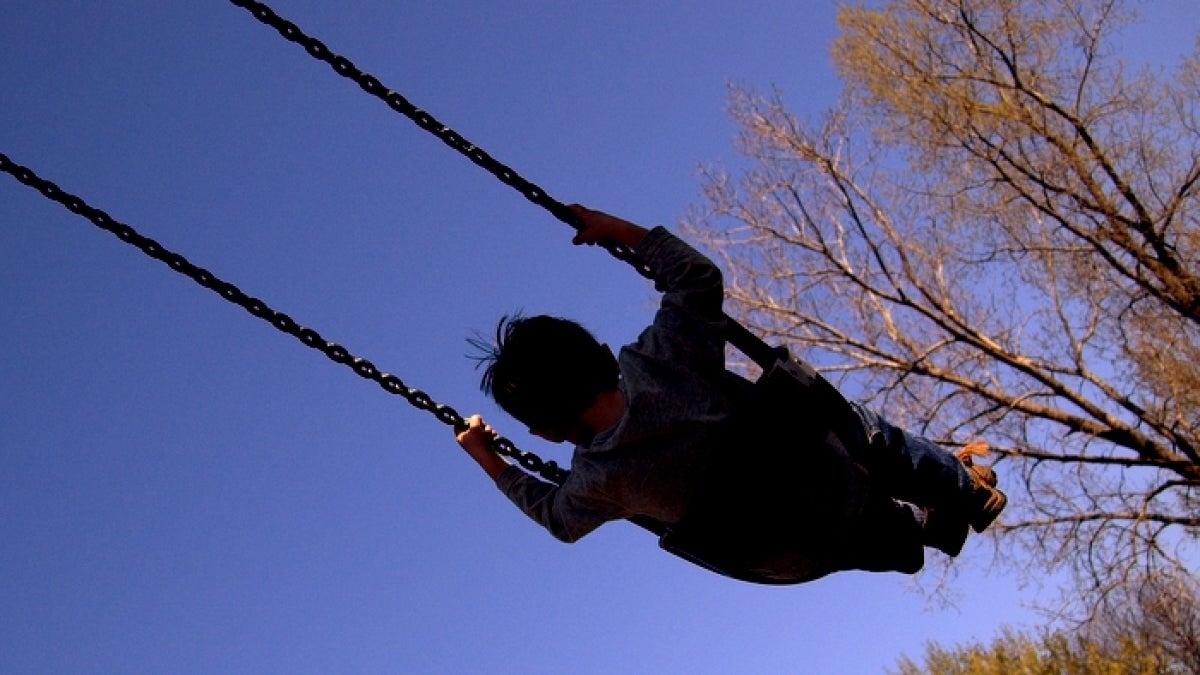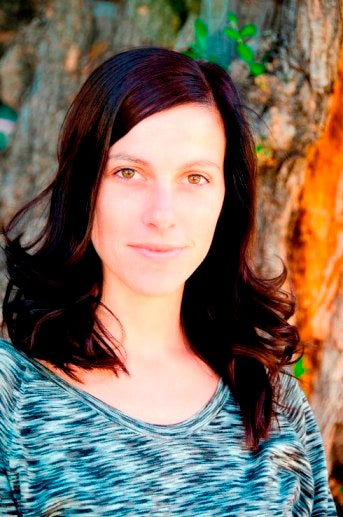“He” and “she” are short words, but they are a big deal for young people who are transgender.
When teachers use the gender pronoun that students identify with, it affirms their identity, makes them feel safe and eases the path toward learning.
That lesson is part of a new transgender education program that is being offered to K–12 teachers by Project Connect, part of the T. Sanford Denny School of Social and Family Dynamics at Arizona State University.
“Years ago, we started talking about, ‘OK, what if you have a gay student?’ “ said Camellia Bellis, a program manager who developed the training.
“Well, now we know there are transgender students out there. What we’re seeing is that in a school of about 500 students, you’ll have at least five trans students,” she said. Transgender people have a gender identity, or gender expression, that differs from their assigned sex.
Bellis, who has worked as an advocate for transgender youths and their families for the past five years, said that people in the field estimate that about 1 percent of the population is transgender, although not all of them are “out” about their identity.
The research-based training, which is geared toward teachers, administrators, nurses, counselors, psychologists and all K–12 staff, is offered in three- or six-hour interactive workshops. The goal is to create “affirming schools” for transgender youths.
“One of the simple things is letting teachers know that trans students deserve to be called by their asserted name and their asserted pronouns, regardless of what is on their school records or the birth certificate,” Bellis said.
“We tell teachers that by using their asserted names, it shows them, ‘I see you, I affirm who you are and your identity.’ “
Educators at the sessions hear the personal stories of transgender students, learn about the increased risk of depressionA recent survey by the national advocacy group GLSEN found that 75 percent of transgender students said they felt unsafe at school. and anxiety they face and learn how to respect their confidentiality.
Camellia Bellis developed the new Transgender Education Program to train K–12 teachers and staff.
The workshops also tackle the “bathroom issue” and follow the interpretation of the U.S. Education and Justice departments, which said in May that transgender students should be allowed to use facilities consistent with their gender identity. Immediately after that ruling, Arizona joined several other states in a lawsuit challenging the federal interpretation.
Bellis said that despite wrangling at the government level, individual schools in the Phoenix area usually have their own policies, which teachers might not know. And in fact, most teachers have not had any specific training on transgender students, she said.
Bellis and her team have been piloting the workshops, and the program will be fully rolled out by January. They are working on an online version for educators across the country. Project Connect Is offering a free workshop this month and will move to a fee-based model next year. Revenue from Project Connect initiatives helps to sustain research in the school, according to John Keeney, marketing manager for Project Connect.
At the first few workshops, Bellis realized that teachers needed specific information on how to answer questions from students and parents.
“They want to know what to say: ‘What if I have a student who was Sarah last year and is Joe this year? If a student comes up and asks, is Joe a boy or a girl?’ They want to know how to respond.”
Bellis said the answer depends on the context, including the age of the students, the culture at the school and the transgender student.
“I always say, ‘If you’ve met one trans student, you’ve met one trans student.’ They all have their own journeys.”
Children who transition at a younger age seem to have an easier time, she said. Middle school can be a difficult time, as it for many adolescents.
“We know that youths are coming out now and transitioning at younger ages. It’s not that they weren’t always there, they just weren’t living authentically,” she said.
The Transgender Education Program will offer a free workshop on Thursday, Oct. 27. For information, visit www.TransEdProgram.org.
More Arts, humanities and education

Grammy-winning producer Timbaland to headline ASU music industry conference
The Arizona State University Popular Music program’s Music Industry Career Conference is set to provide students with exposure to exciting career opportunities, music professionals and industry…

ASU Gammage brings the best of Broadway to the 2025–26 season
ASU Gammage has announced its 2025–2026 Desert Financial Broadway Across America-Arizona season with a lineup of Broadway shows that includes a mix of new productions, classics and comedies. “…

March Mammal Madness hypes science, storytelling in the classroom and beyond
In classrooms throughout the country, the buzz around March Mammal Madness starts long before the tournament begins. For middle school science teacher Jessica Harris, students wonder which…

